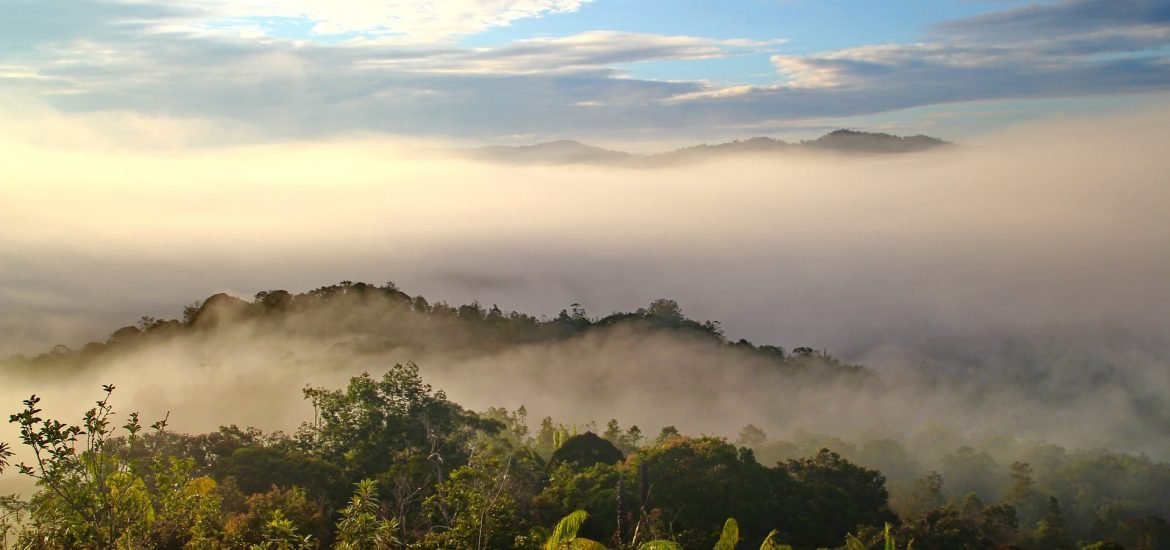
Even removing a relatively small number of trees from rainforests has a negative impact on biodiversity, according to scientists. New research from Imperial College London shows that selective logging in rainforests causes just as much damage to freshwater fish diversity as complete deforestation.
The researchers say their findings, published on Thursday in the journal Biological Conservation, suggest current rainforest conservation efforts do not provide adequate protection for freshwater ecosystems.
The research was led by scientists at Imperial College London and was part of the Stability of Altered Forest Ecosystems (SAFE) Project, which studies the effects of land-use change on ecosystems and biodiversity. The team sampled 23 different streams in Borneo using electrofishing to determine what kinds of environmental changes were occurring in areas of differing levels of deforestation. The areas studied ranged from virgin rainforest to zones that had been completely converted to oil palm plantations.
The team found that compared to forests in which no logging had taken place, all logged areas showed fewer species of freshwater fish. The losses in biodiversity were similar in all logged areas, regardless of how much time had passed since the logging had occurred and how many trees were removed.
“That such a small change can impact fish biodiversity is shocking and worrying,” said lead author Clare Wilkinson, from the Department of Life Sciences at Imperial College London. “We expected to see a gradient from least affected in the selectively logged areas, to heavily impacted for the streams in oil palm plantations. Instead, we saw almost the same level of fish biodiversity loss in all altered environments.”
Researchers said the observed changes in biodiversity were likely caused by several changes in stream habitats that occur following the loss of trees. Tree removal increases soil erosion, which can result in larger amounts of sediment deposited into the streams. This makes streams shallower and wider, thereby altering the habitat and which species can inhabit it.
Tree loss also reduces the amount of shady, cool areas in nearby streams, which many fish require for spawning. There is also a decrease in organic matter from leaf litter that enters the streams, which helps cool down the water and concentrate food sources.
Researchers warned of the effects changes in fish biodiversity could have on local communities.
“The freshwater fish in these streams are a food source for local people, so maintaining biodiversity is important,” Wilkinson said. “Our study suggests that current protections are not good enough in that they do not prioritise conserving intact forest, and are not sufficient to protect fish in more altered environments.”
Oil palm plantations are the leading cause of rainforest destruction in Malaysia and Indonesia, and around 90% of the world’s oil palm trees are grown on a few islands in these two countries. According to the study, oil palm plantations are labelled “sustainable” if they “include a riparian zone – a buffer of forest land immediately bordering streams – of at least 30 metres.” However, researchers found no evidence in the streams they sampled that such a riparian zone in oil palm areas lessened damage to fish biodiversity.